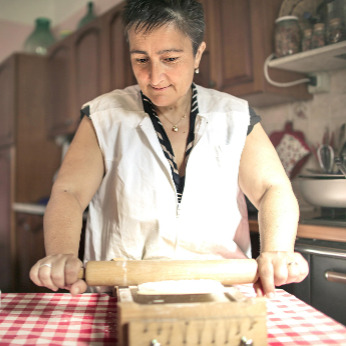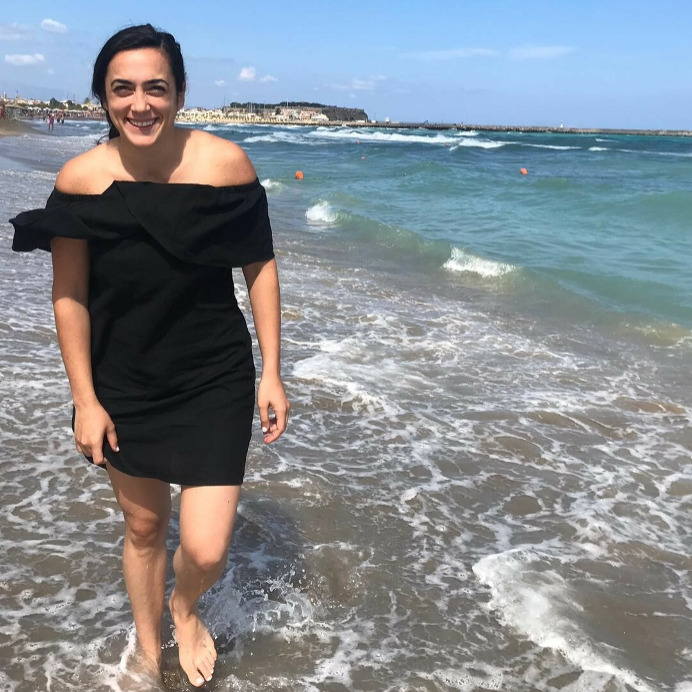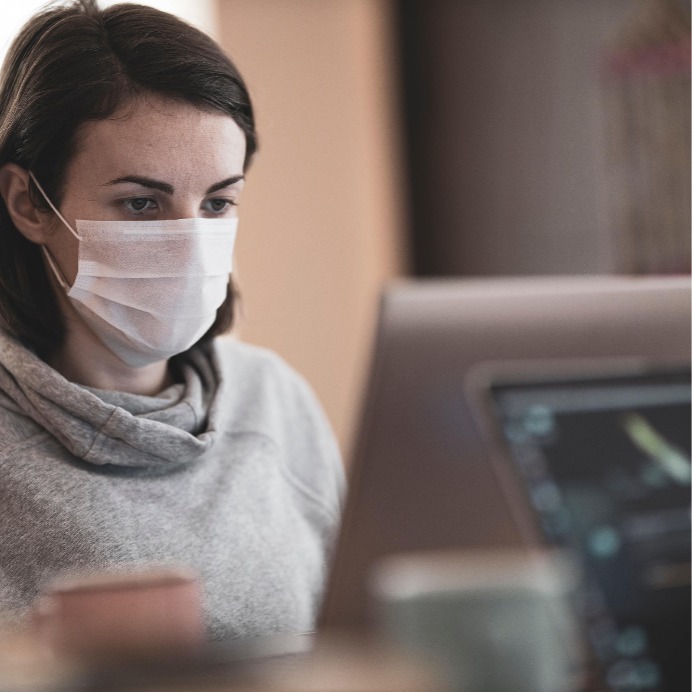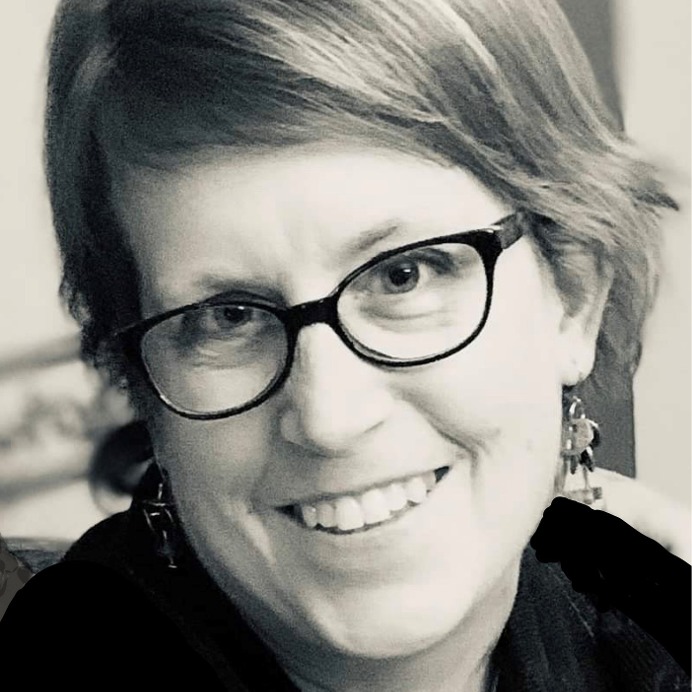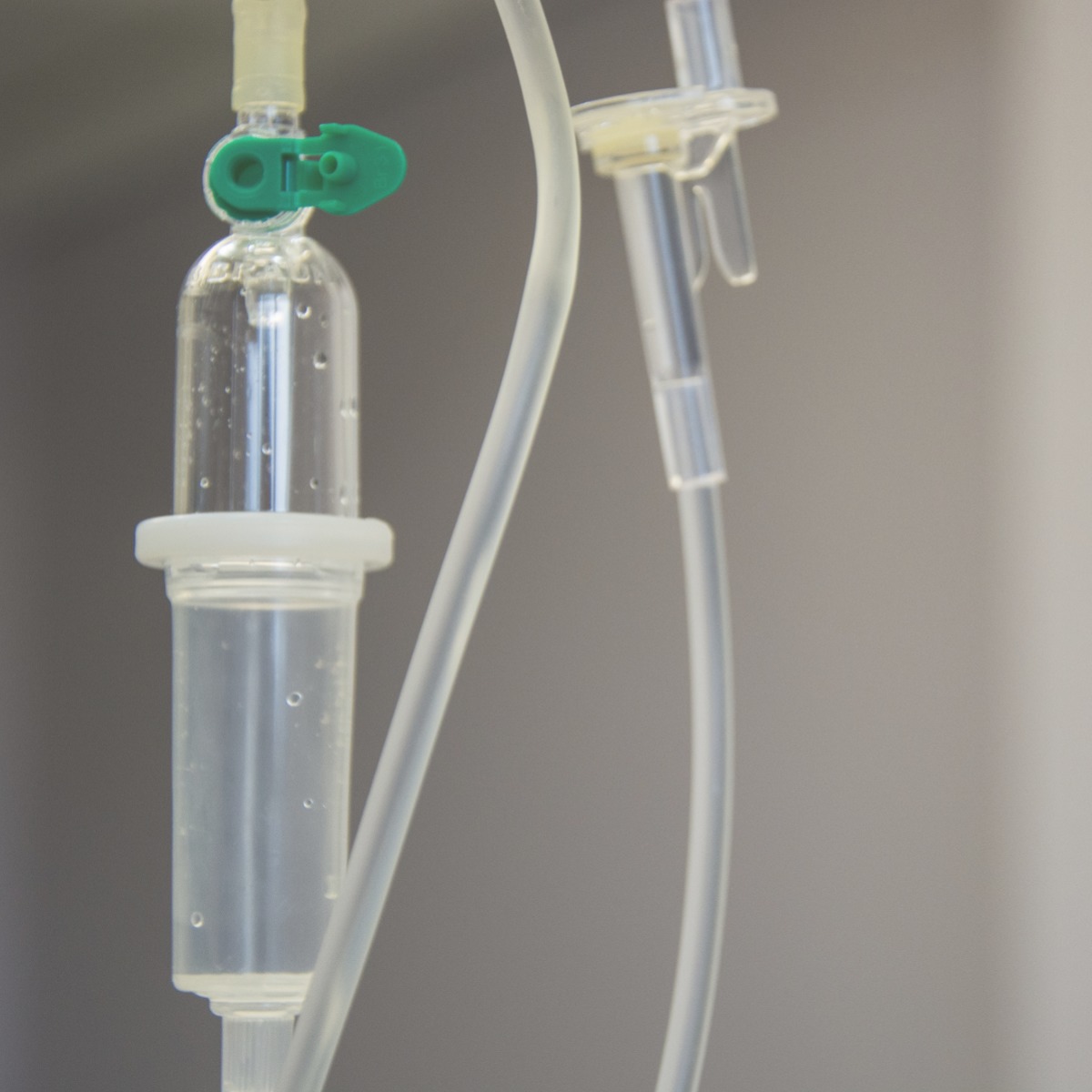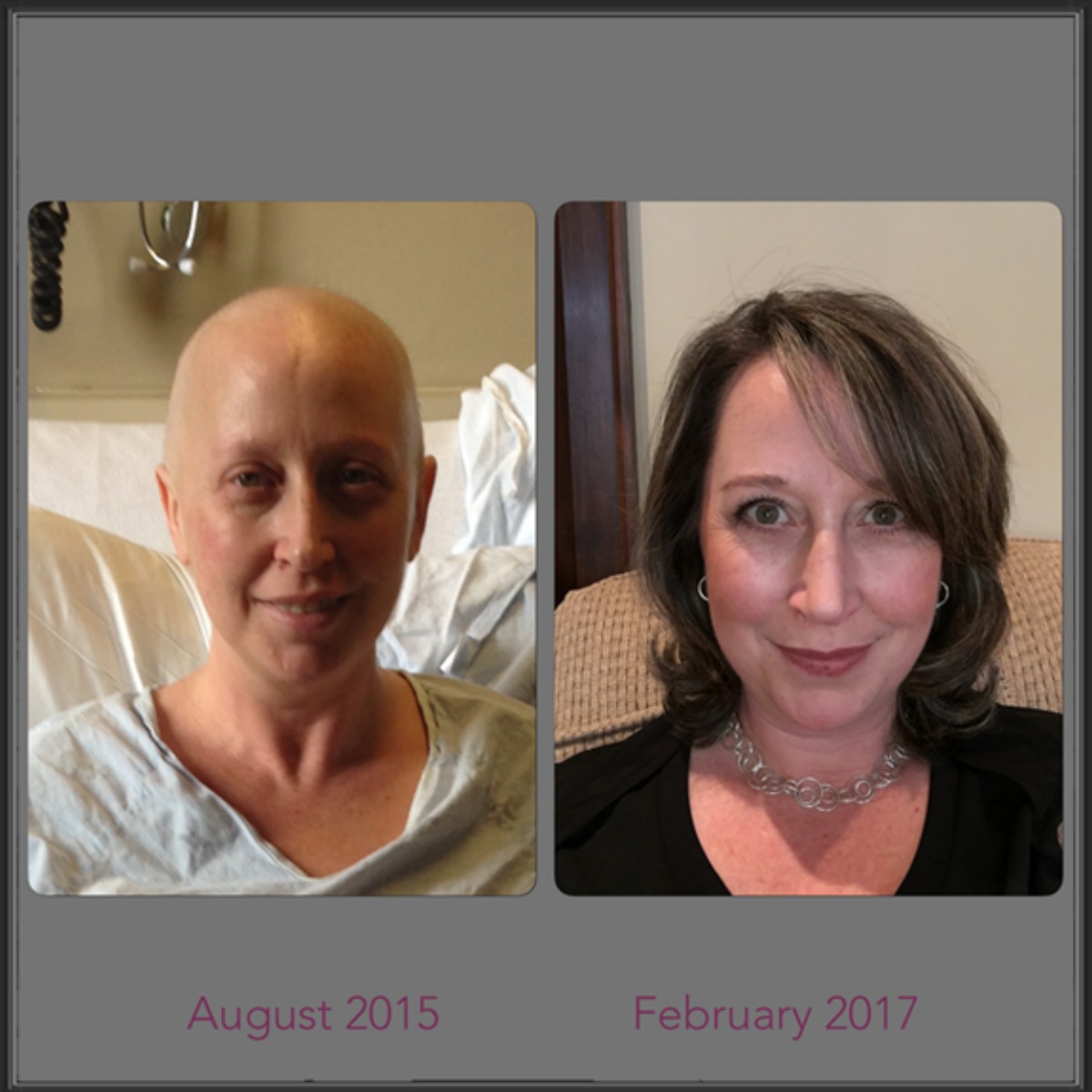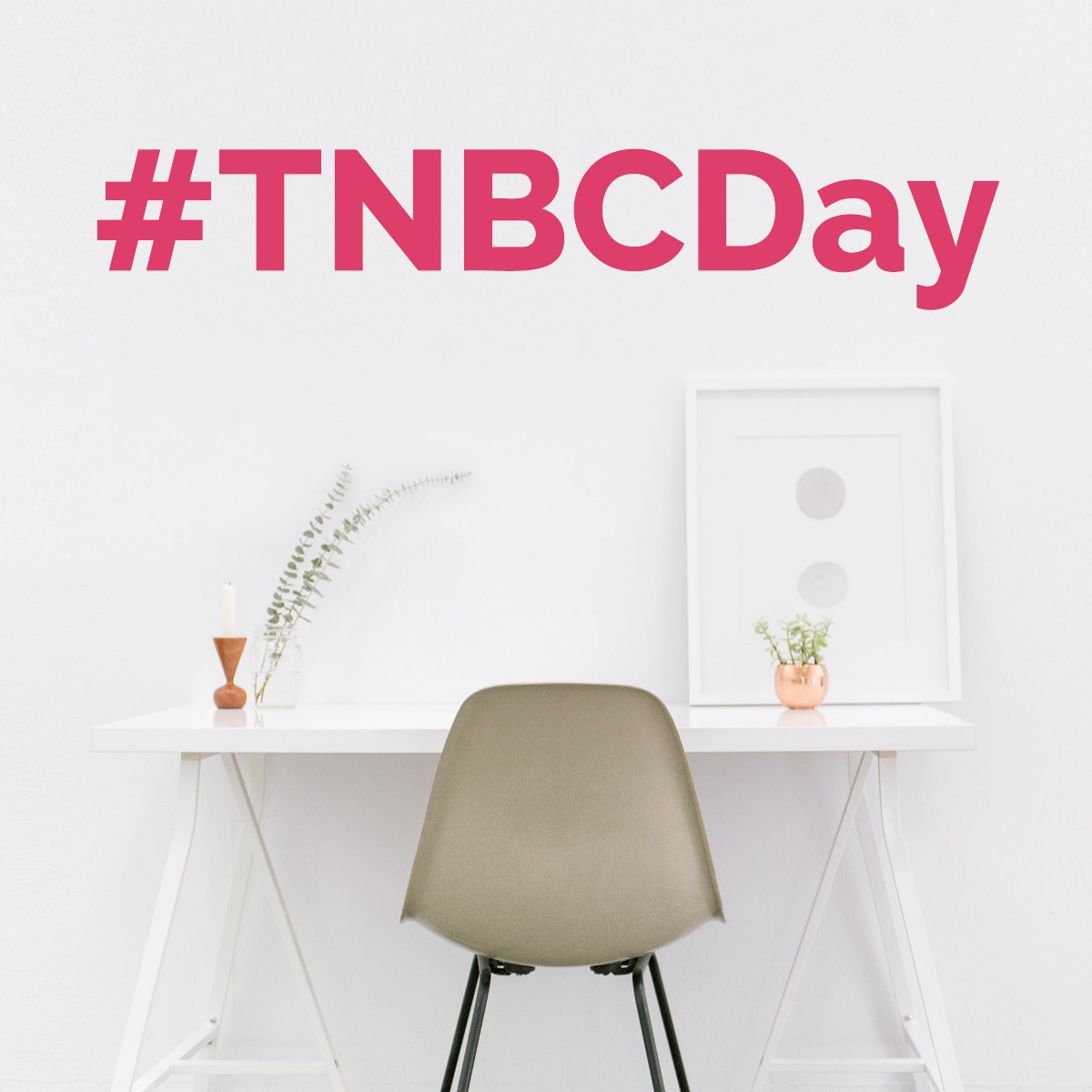By continuing to use our site, you consent to the processing of cookies, user data (location information, type and version of the OS, the type and version of the browser, the type of device and the resolution of its screen, the source of where the user came from, from which site or for what advertisement, language OS and Browser, which pages are opened and to which buttons the user presses, ip-address) for the purpose of site functioning, retargeting and statistical surveys and reviews. If you do not want your data to be processed, please leave the site.
The Voice of People With Breast Cancer
Education
Our Voices Blog
Tag : hormone therapy
Can You Do the Tamoxifen Time?
I’m a Tamoxifen fail. I quit taking the drug just shy of my five-year prescription’s halfway mark. The estrogen-blocking pill fried my short-term memory within the first 14 days and then, tormented me daily with its version of Jay-Z’s “99 Problems.” And lucky me. I experienced every single one of them.
Questions & Experts: A General Practitioner in Oncology Answers Your Questions About Post-treatment & Survivorship Care
In today’s post, we provide the questions that were sent in and asked during the live session of our Questions and Experts session held on September 12, 2023. In this session, General Practitioner in Oncology Dr. Anna Wilkinson, FP, GPO answers your questions about post-treatment and survivorship care. In the parentheses, you’ll find the timestamp of where to find the question in the on-demand video.
“It’s probably nothing.”: Getting Breast Cancer in My 30’s
It all started in July 2021. A drop of bloody nipple discharge led me down the rabbit hole of Google and WebMD which, for once, was actually reassuring - it’s usually harmless. I scheduled an appointment with my doctor the following day who shared the same sentiment – it is probably nothing, but I will refer you to a breast clinic just in case. As a 30-year-old with no family history of breast cancer and a couple of benign fibroadenomas, I wasn’t too worried, and neither was my Surgical Oncologist initially; the odds were in my favour, it was likely benign. And so I attended my ultrasound, mammogram, and biopsy appointments – each time observing how the other women in the waiting room were decades older than me.
Three Things to Consider if You’re Thinking About Going Off Tamoxifen
Chances are, if you have breast cancer you’ve heard about Tamoxifen. I remember the first time my oncologist talked to me about the chemo-infused hormonal-therapy drug. It was during my weekly check-up when I was still having daily radiation. He explained that because the cancer cells found in my right breast were 95 per cent estrogen and progesterone receptor positive, my body’s natural hormones could attach to the cancer cells and help them grow. Obviously I didn’t want that, so I said yes to the drug without even hesitating.
The Impact of COVID-19 on Breast Cancer Patients Part 2: Impact of Your Cancer Treatment and Management on Your Immune System
The risk of a COVID-19 diagnosis for breast cancer patients is still not completely known. Studies have come that show that cancer patients are more at risk of adverse effects if they develop COVID-19. However, a few studies state that compared to other cancer patients, breast cancer patients are at a lower risk of serious illness. The stage of breast cancer also seems to play a role in one’s risk level.
Retaining control of your medical record, remaining hopeful and persevering
I am a 43-year-old mother of two amazing children, I have been in love with my wonderful Martin for 20 years now and I am a research professional in the health sector. Until August 2018, I was considered a breast cancer survivor. My cancer had been treated in the best way possible. My son was not yet one year old at the time (in 2012). I went through chemotherapy, radiotherapy, hormone therapy, a mastectomy and, finally, a breast reconstruction.
Clinical Trials – 101
Clinical trials play a big role in the discovery of new treatments for cancer. They help to determine the safety and effectiveness of potential new treatments. For metastatic patients, they can also potentially offer additional treatment options after the cancer has grown resistant to the standards of care.
The flying trapeze artist: Hanging in thin air, waiting for the rest of my life to begin
For Jenn Abbott, finishing treatment for breast cancer is like a flying trapeze. Having received her “NED” (no evidence of disease), she is in mid-air, no longer holding on to the bar that represents the medical team that saved her life, while at the same time, not yet catching the second bar that represents the rest of her life after cancer. She is in limbo, facing post-traumatic stress disorder brought on by her cancer treatment which included five surgeries and a severe adverse reaction to chemotherapy that meant she had to stay in the hospital for two weeks. She feels PTSD after cancer treatment is real.
Triple Negative Breast Cancer Day
Triple Negative Breast Cancer Day is an annual global event on March 3. This is a day for a global awareness and grassroots fundraising aimed at helping to eradicate triple-negative breast cancer and celebrating the courage and strength of triple negative breast cancer patients and survivors.


